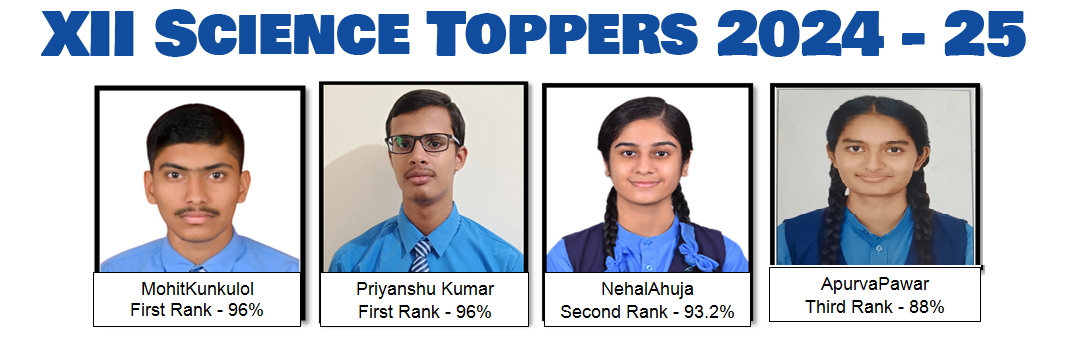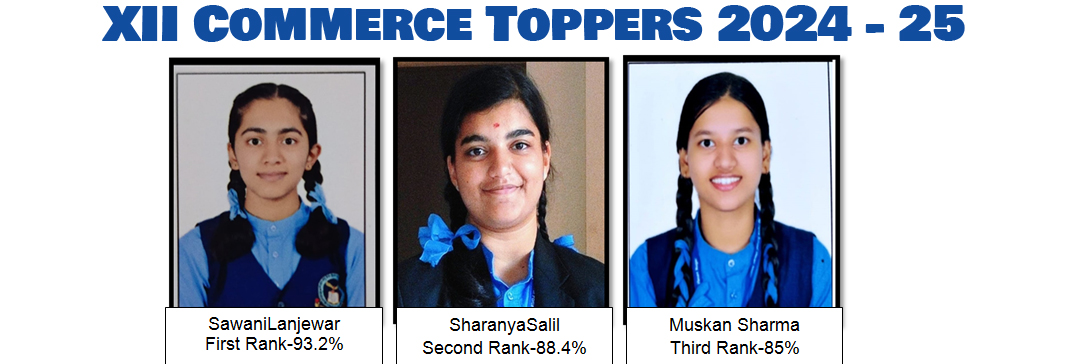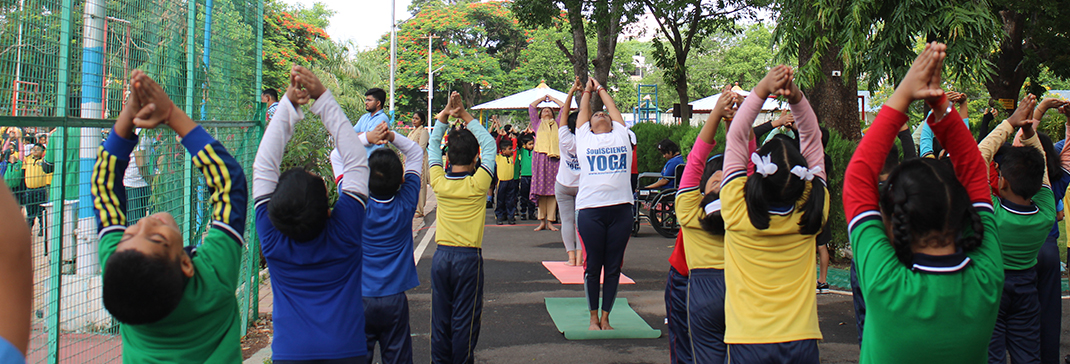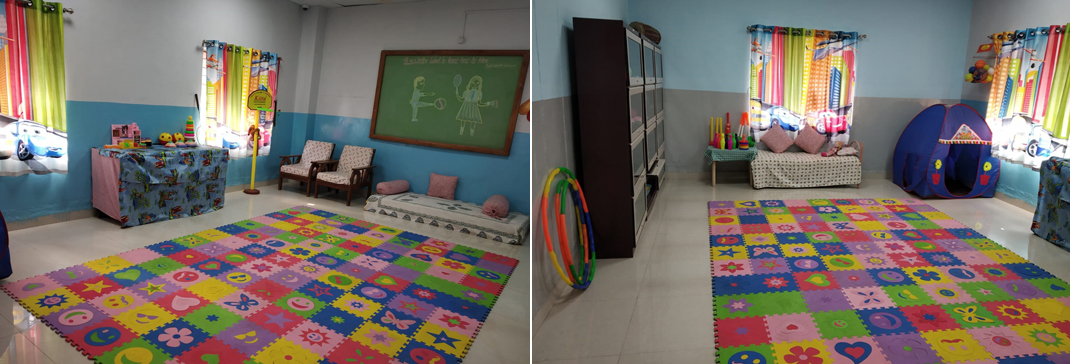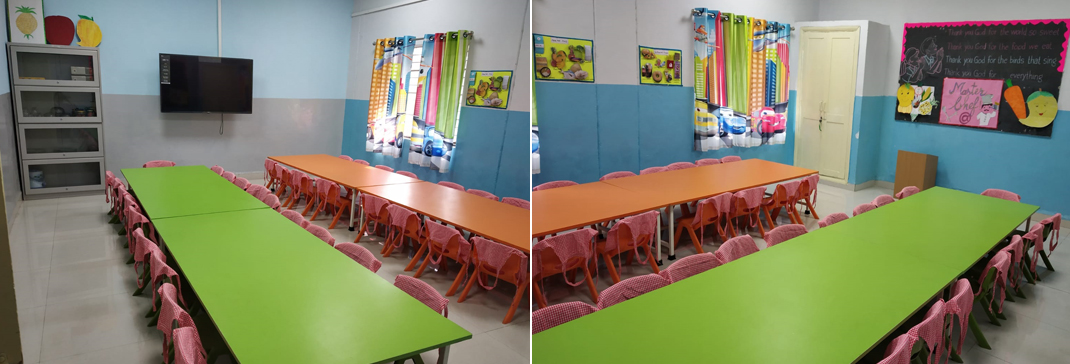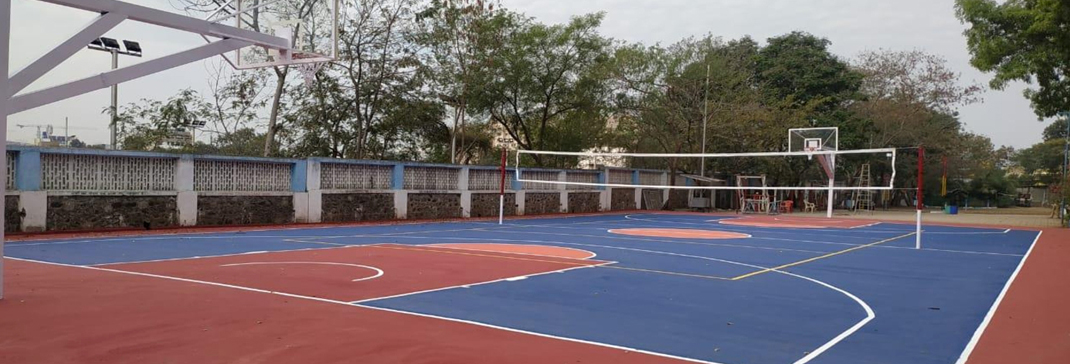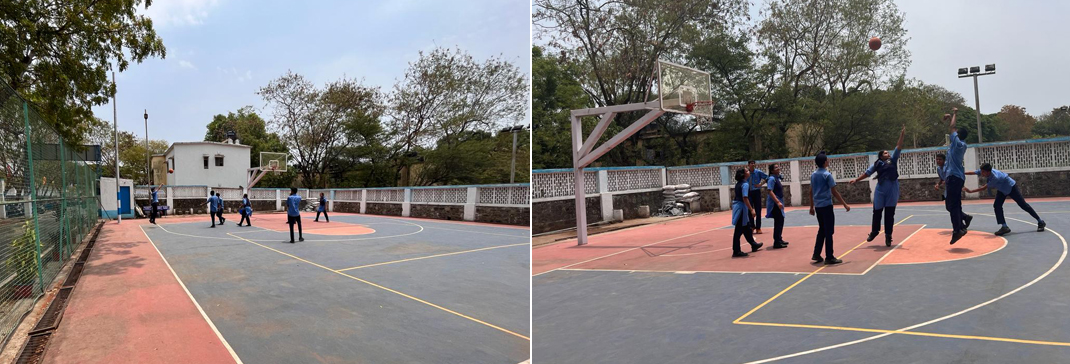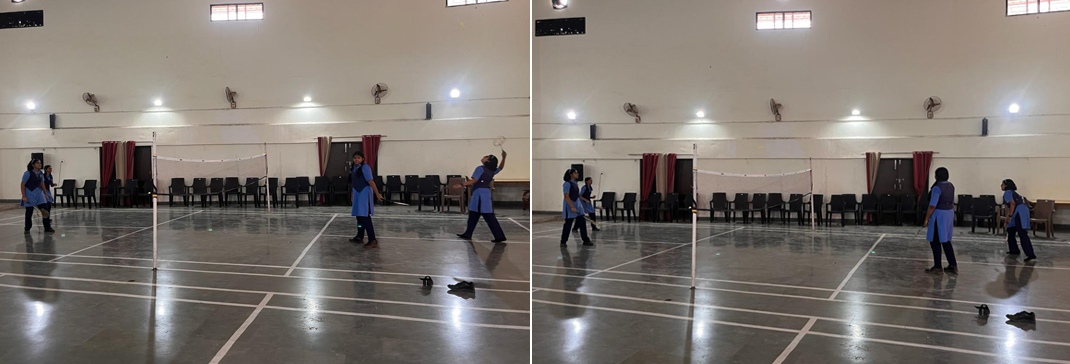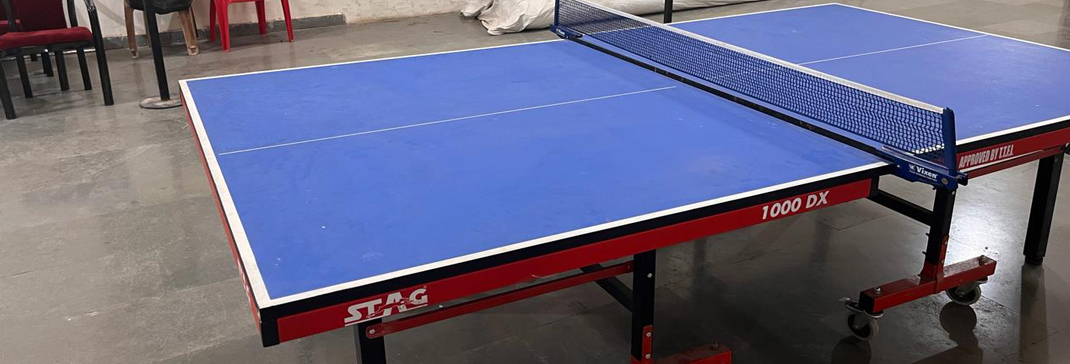
Activities
School activities are essential to a child’s overall development. They go beyond academics to nurture creativity, critical thinking, communication, and collaboration. At different educational stages—Pre-Primary, Primary, and Secondary—activities are structured to support age-appropriate growth and learning.So, activities in school are not just optional add-ons, but an integral part of the learning process, helping create engaged, capable, and well-rounded individuals.
"Education must move towards less content, and more towards learning about how to think critically and solve problems." — NEP 2020.
Pre-Primary Level (Nursery to Kindergarden)
Activities:
Circle time and storytelling,Singing rhymes and action songs, Free play and imaginative play' Drawing,
coloring, and clay modeling, Sand play, water play, and sensory activities, Themed dress-up days and festival
celebrations, Puppet shows and simple dramatics
Primary Level (Grades 1–5)
Activities:
Educational field trips and nature walks, Art & craft, storytelling, and creative writing, Group games and sports ,Science experiments and interactive projects, Dance, drama, and music, Quizzes, spell bees, and mental math challenges, Celebrations of national and cultural events.
Secondary/Senior Secondary Level (Grades 6–10/12)
Activities:
Subject-specific clubs (science, math, literature, etc.), Debates, speeches, and essay writing competitions, Career guidance and life skills workshops, Community service and awareness campaigns ,Sports tournaments and physical training, Tech-based activities like coding, robotics, and multimedia projects, Cultural events, exhibitions, and inter-school competitions.
Importance Of Activities As Per NEP 2020
-
Promotes Holistic Development
-
Encourages Experiential and Hands-on Learning
-
Fosters 21st Century Skills
-
Supports Foundational Literacy and Numeracy (FLN)
-
Emphasizes Physical and Mental Well-being
-
Makes School Learning More Inclusive and Equitable
-
Blended with Formal Curriculum

